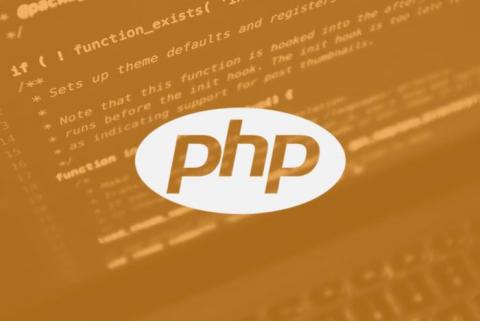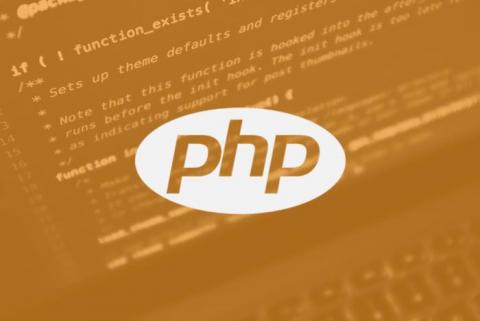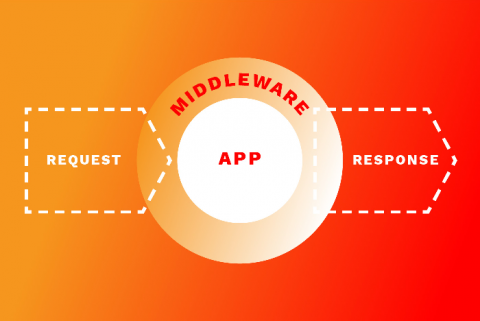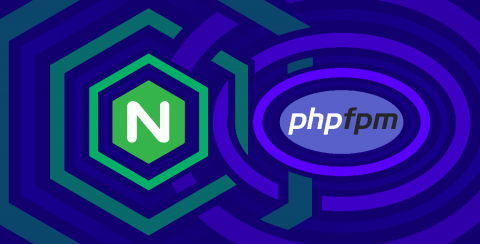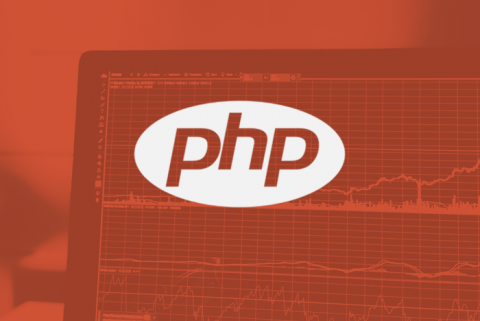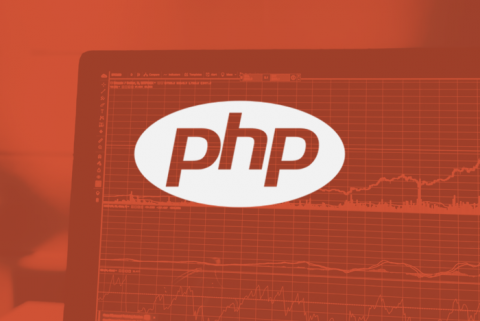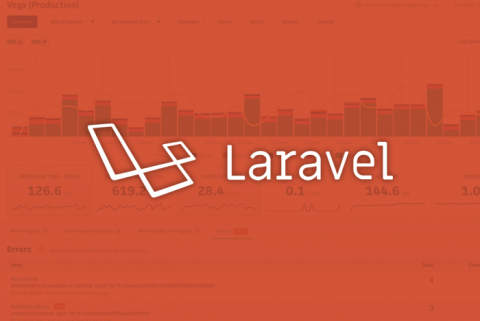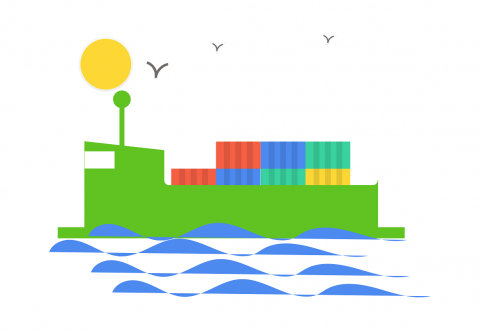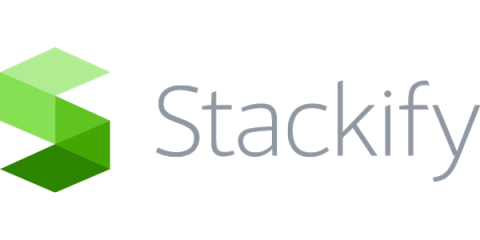PHP Json_encode: Serialize PHP Objects to JSON
PHP is a server-side scripting language for creating your website’s backend system that can serve webpages, communicate with databases, and exchange data over the internet. A decent backend framework like PHP needs to be capable of providing and processing data in any format (e.g., XML, JSON, etc.) to be socially accepted in a society of skilled web development frameworks.


